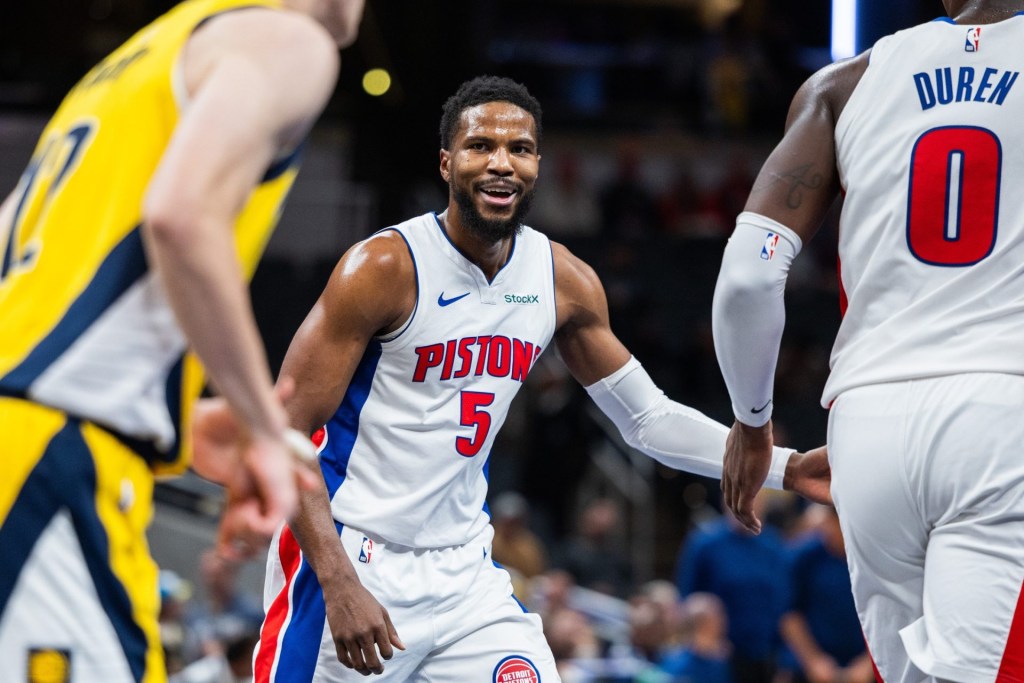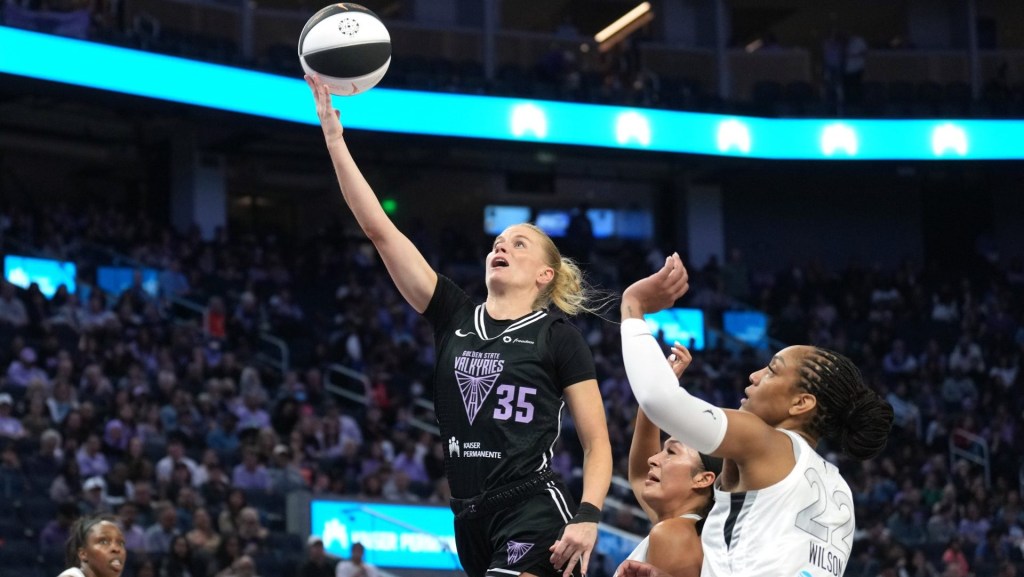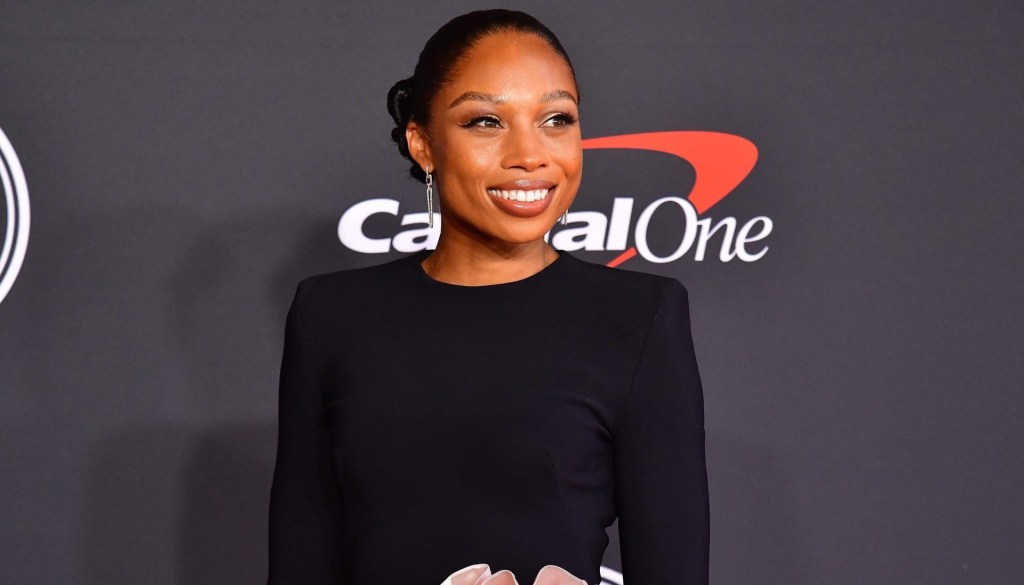“You are not the story. You go into this field to tell the stories of other people.”
— Daniel Roberts
By: Katie Willis, @_KatieWillis

Front Office Sports is proud to have sat down with Daniel Roberts, writer at Yahoo Finance, who covers sports business, technology and media. Having obtained his Master’s from the Columbia School of Journalism, Roberts went to work for Fortune Magazine almost immediately after finishing school. Writing was his calling — and he knew that was what he wanted to pursue from a very young age.
“My path was very linear, almost to the point where it probably looks boring. I think there are people that go into college and say, ‘I know exactly what I’m going to do.’ Then they take one required class in a different subject and all of a sudden, change their path. I’ve said as early as middle school that I wanted to major in journalism and write for a magazine, and I did that. I went to college and was an English major and, right after college, I went to Columbia for journalism school. Then I spent seven months at a small newspaper in the Bronx that was owned by the New York Post, then I went to work for Fortune and spent many years there. And now I’m with Yahoo Finance. I’m doing exactly what I always wanted to be doing, which is nice.”
Like a lot of writers, Roberts got involved with the school newspaper, where he mostly focused on opinion pieces.
“Every Thursday in my college newspaper, I would have a column where I would try and make it as inflammatory, interesting and provocative as possible,” he said. “When I look back on that, it’s not as valuable journalism preparation as news writing. It’s a great type of writing, and it was great to flex that muscle, but it’s different from being a reporter and going out to find the news.”
For Roberts, writing about the business side of things came by chance. When his (now former) editor at Fortune interviewed him, he explained that he wasn’t really a ‘business guy,’ but his editor, you could say, had confidence in his ability to pick it up, and hired him despite that fact.
As Roberts says, “You adapt to whatever you need to know about.” With the basic pillars of the job based off of what he had learned and practiced in grad school, such as jumping on the phone and interviewing someone quickly, he knew he could write about any topic area. The more you write and research, the more you learn over time.
What did he say when asked what advice he would give to aspiring journalists?
“You need to remember that you are not the story. You go into this field to tell the stories of other people. You should love meeting and talking to new people. It shouldn’t be motivated by a desire to be famous. You have to pay dues. You can’t lose sight of what your job is. Your job is to tell juicy, newsy stories about other people.”
The job requires loving interviewing people and that is one of the most important things he’s learned over the course of his career. Although he started out feeling a little uncomfortable wandering the streets in search of a story early on, he has quickly become accustomed to the idea of meeting new people on a day-to-day basis.
“It’s not a glamorous job. A lot of the job is being on the phone, hunting people down, emailing and requesting a comment. A lot of times, you have to wait and can’t publish your story yet because you’re waiting to give the company or individual a chance to comment. It’s not always fast-paced and thrilling.”
As a journalist, talking to a wide range of people and establishing relationships with them come with the job. Even though your story might be finished, your relationship with that source should continue.
Roberts added, “In every industry, there’s an old saying of not burning your bridges, and it’s especially true in media and journalism. It’s such a small world. If you leave, that isn’t to say you won’t come in contact with those people again. Everyone moves around you. People move onward and upward.”
A lot of times there is talk on competing publications and which one does a better job with content and coverage of a specific topic. However, it shouldn’t be about outdoing one another, but more of making sure you, as a journalist, are writing good, solid stories.
“It’s an industry where even though someone at a rival publication is your competitor, it’s still great to support fellow journalists, share their stories, keep in touch and interact with them.”
If he could pinpoint what the most important thing to have in any industry is? Drive.
“You can be flexible and eager and willing to jump on any path and enthusiastic about it. People who feel that way make it very clear. It’s obvious when someone is willing to learn, eager to say yes and take on challenges. You can also tell when the opposite is true — when someone takes on a job and has a preconceived idea of what the job is like. They think it’s going to involve A, B and C and then you ask them to do D, and they become hesitant and aren’t up for it. I think it takes confidence in order to be willing to take risks.”
“It’s fine to have your mind set on something, but, in the beginning, you have to embrace opportunities and be willing to jump into something you maybe didn’t think you’d be doing. That’s how you work your way up.”

















